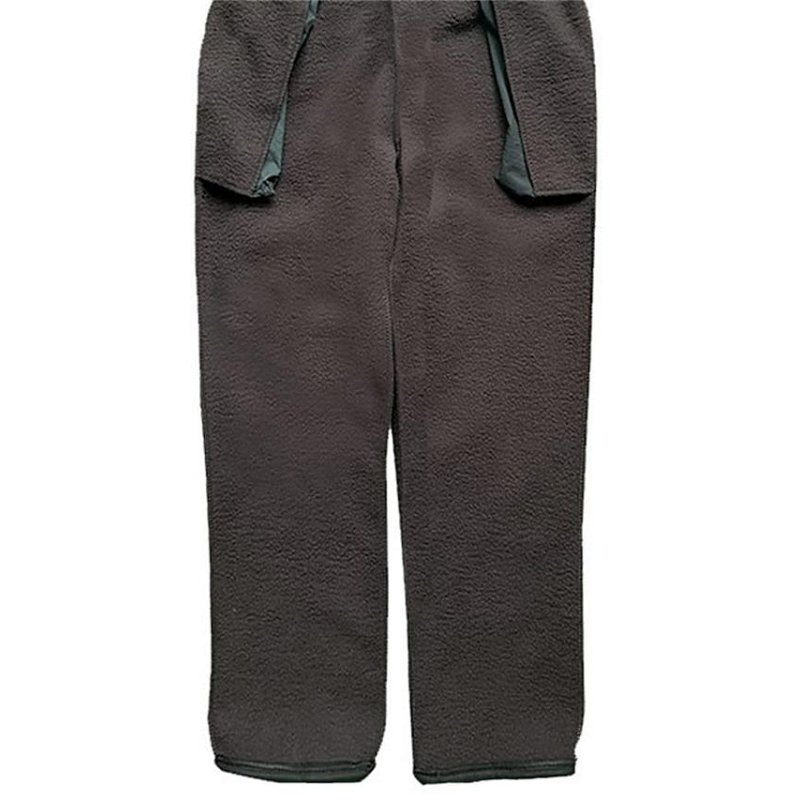Tags: fashion, sustainability, clothing industry
In recent years, the fashion industry has experienced a surge in popularity thanks to the rise of fast fashion. This trend focuses on producing cheap, trendy clothing at a rapid pace to meet consumer demand. While this may seem like a convenient and affordable option for consumers, it has significant negative impacts on both the environment and society.
Fast fashion relies heavily on manufacturing processes that are harmful to the environment. The production of synthetic fabrics such as polyester and nylon requires large amounts of energy and chemicals which contribute to air pollution and water contamination. In addition, these materials do not biodegrade easily leading to long-term environmental damage.
Moreover, fast fashion also creates excessive waste as trends come and go quickly causing clothes to be discarded after only a few wears. This results in overflowing landfills with textiles that take hundreds of years to decompose. Additionally, many brands engage in unethical labor practices by outsourcing production to developing countries where workers are paid extremely low wages under poor working conditions.
So what can we do as consumers? Building a sustainable wardrobe is one way we can make a positive impact on the environment while still indulging in our love for fashion. Here are some tips:
1) Invest in timeless pieces made from high-quality natural materials such as organic cotton or linen that will last longer.
2) Consider buying second-hand clothes from thrift stores or online platforms instead of always purchasing new items.
3) Opt for ethical brands that prioritize fair wages and safe working conditions for their employees.
4) Take good care of your clothes by washing them less frequently using eco-friendly detergents and repairing them when needed rather than throwing them away.
By making small changes in our shopping habits, we can help reduce carbon emissions caused by the clothing industry while also supporting ethical practices within the industry itself.
In conclusion, while fast fashion may seem like a convenient and budget-friendly option, its impact on the environment and society is far from desirable. As consumers, we have the power to make conscious choices that can lead to positive change. Let’s strive towards building sustainable wardrobes and supporting ethical practices within the fashion industry for a better future.
